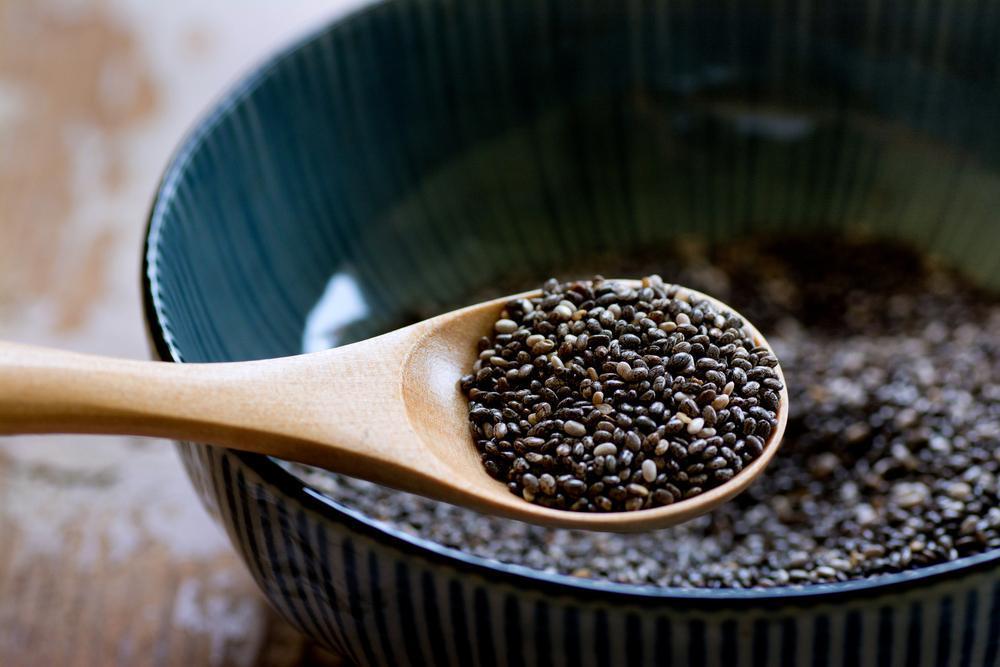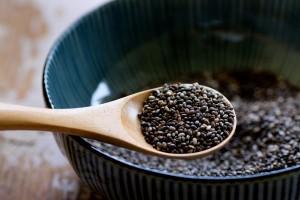If you haven’t heard of chia yet, you’re about to be introduced to your new favorite superfood! These seeds pack quite the punch when it comes to healthy nutrients, and their small size means they’re super easy to slip into your existing diet.
Native to South America, chia seeds have been around for a very, very long time—they were even prized by the Mayans and Aztecs for their ability to provide energy, with the word ‘chia’ deriving from the Mayan word for ‘strength.’ And if that isn’t a good enough endorsement for these seeds, maybe the laundry list of nutrients they provide will sway you over to the way of the chia seed.
Chia seeds are high in omega-3 fatty acids, fibre, and protein, and contain a large dose of your recommended daily amount (RDA) of calcium, magnesium, manganese, and phosphorus. In just one ounce (or 28 grams) of chia seeds, you get nearly 5 grams of omega-3 fatty acids, 11 grams of fibre, 4 grams of protein, 18% of the RDA for calcium, 30% for magnesium, 30% for manganese, and 27% of phosphorus. This high nutrient content is what makes chia seeds able to strengthen your teeth and bones, help regulate blood sugar and improve blood pressure (which makes it amazing for people with diabetes), increase healthy cholesterol, and help lessen belly fat. In addition to all this, chia seeds also contain tryptophan, ensuring that you get full faster, enabling you to cut back on portion size.
Because of their small size and tasteless flavor, chia seeds are very easy to add to most of the foods you most likely already enjoy. You can simply sprinkle some whole seeds on a salad or stir-fry, add to your favorite yogurt, or bake them into some muffins. It’s also very simple to add milled chia seeds into any smoothie to give it an extra health-boost. One thing to avoid though is eating them dry and following it with a bit of water—chia seeds absorb water and expand (which makes them amazing for portion control when trying to lose weight), and it’s important for your esophagus that they expand well before they enter your stomach, instead of on the way down.







Leave A Comment